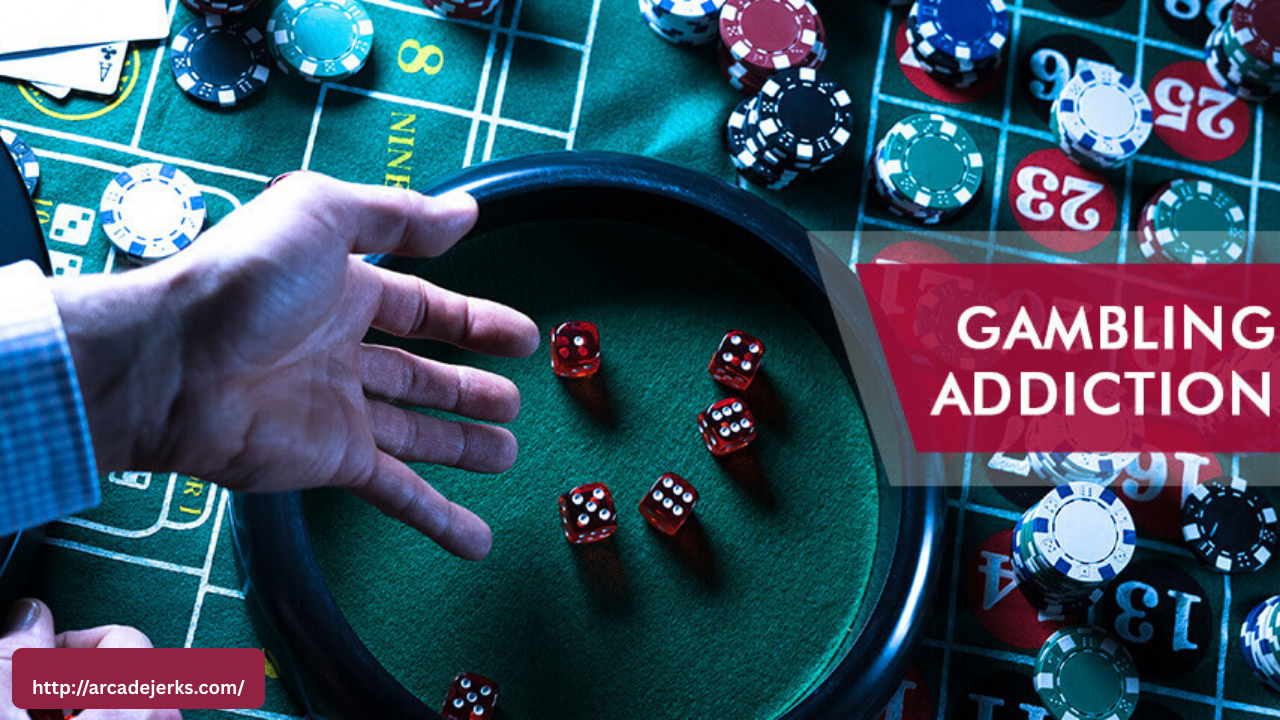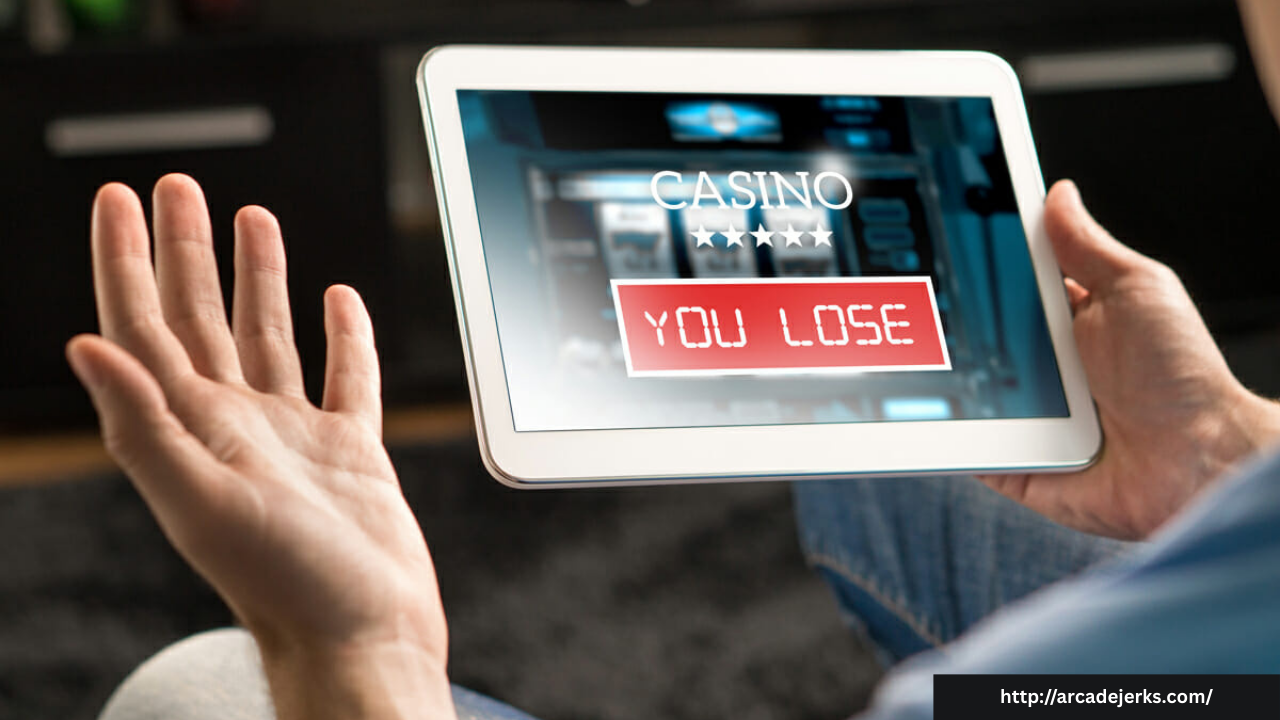In today’s digital world, gaming and gambling are more accessible than ever. With just a smartphone or computer, people can immerse themselves in online games or place bets from the comfort of home. While these virtual experiences offer excitement, escape, and entertainment, they also come with real-world consequences—particularly for mental health. When done in moderation, gaming and gambling can be harmless. But when they become excessive or addictive, the impact on mental well-being can be serious and long-lasting.
The Hidden Mental Health Risks
Both gaming and gambling are designed to be engaging. They activate the brain’s reward system, releasing dopamine—the chemical that makes us feel good. The more we play, the more our brain craves the next “hit” of excitement. Over time, what once felt like fun becomes a compulsion.
For some individuals, this leads to behavioral addiction. Gaming disorder, now recognized by the World Health Organization, and gambling disorder, identified in the DSM-5 (Diagnostic and Statistical Manual of Mental Disorders), are both linked to increased levels of anxiety, depression, stress, and even suicidal thoughts.
Signs of Mental Health Struggles
Gaming and gambling addiction often come with emotional and psychological warning signs, such as:
-
Mood Swings – Feeling irritated, anxious, or angry when unable to play or place bets.
-
Social Withdrawal – Avoiding friends and family, preferring time alone with games or gambling apps.
-
Obsessive Thoughts – Constantly thinking about the next game, bet, or session, even when doing other tasks.
-
Neglected Self-Care – Skipping meals, staying up late, or neglecting hygiene due to excessive screen time.
-
Feelings of Guilt or Shame – Hiding activities from others or feeling bad after playing or betting for too long.
The Emotional Toll
The emotional consequences of addiction can be devastating. Gamblers may experience high levels of stress from mounting debts or financial loss. Gamers might face low self-esteem from neglecting real-life goals or losing touch with reality. The sense of failure, regret, and guilt often feeds into a dangerous loop, worsening anxiety and depression.
Moreover, people who rely on gaming or gambling as an escape from stress, trauma, or loneliness may find that these habits only deepen the problems they were trying to avoid.
Breaking the Cycle
Addressing the mental health impact of gaming and gambling starts with awareness. It’s important to regularly check in with yourself or loved ones and ask:
-
Is this activity interfering with my daily life?
-
Am I using it to avoid problems or difficult emotions?
-
Have I noticed changes in my mood, relationships, or overall happiness?
If the answer is “yes,” it may be time to take action. Some steps include:
-
Setting Healthy Limits – Designate screen-free times or days, and limit spending on in-game or betting features.
-
Finding Support – Talk to a mental health professional or join a support group. You’re not alone.
-
Exploring Alternatives – Replace digital habits with offline hobbies that promote relaxation and connection.
Gaming and gambling might offer virtual thrills—but they can carry very real consequences. Prioritizing your mental health is the key to enjoying life both online and off.

